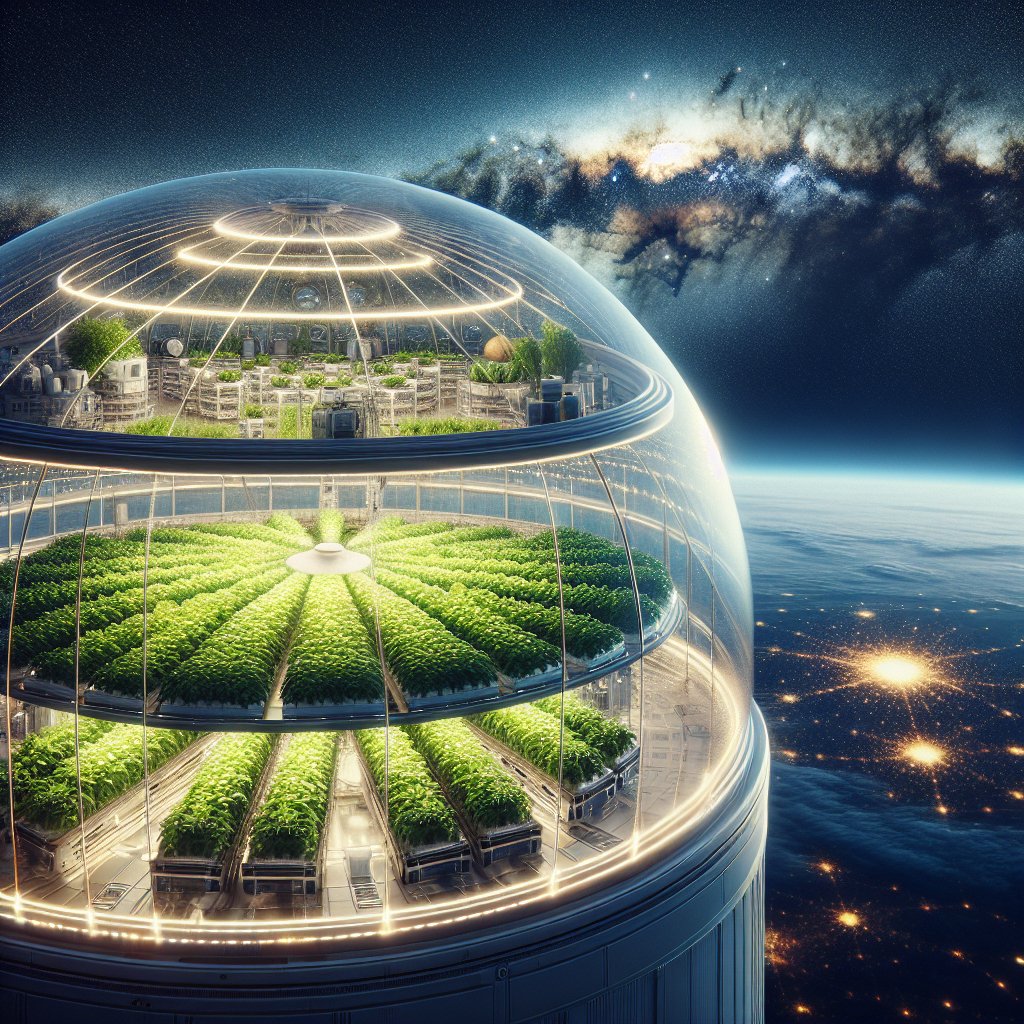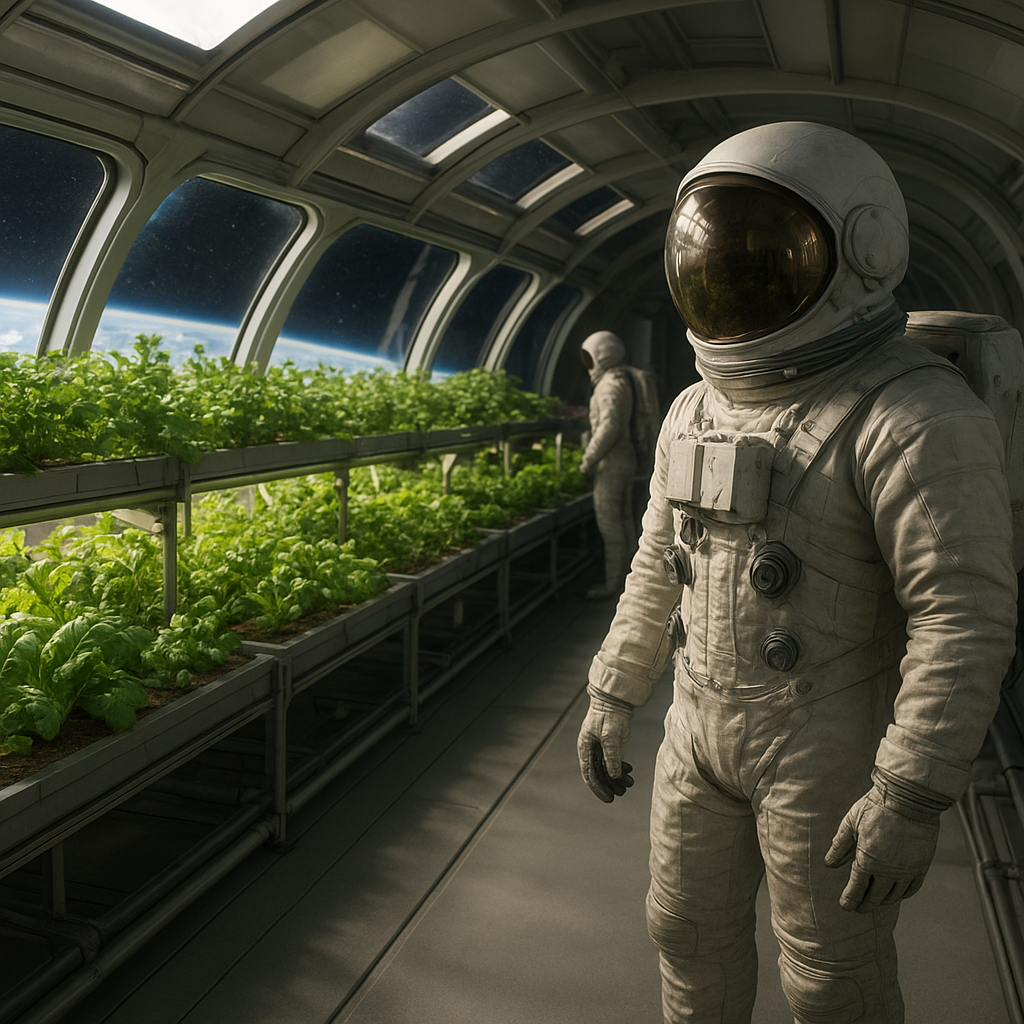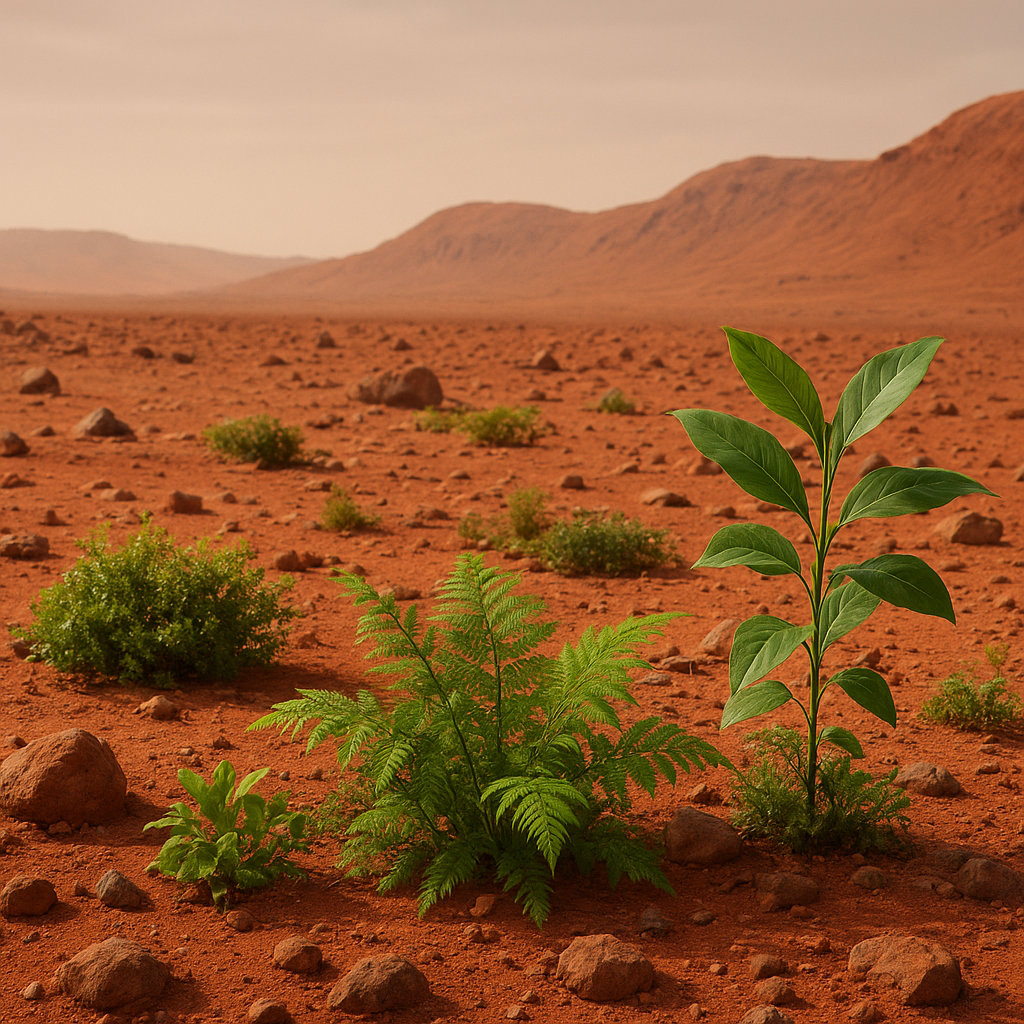The psychology of farming in isolated space environments is a fascinating intersection of agriculture, human behavior, and the challenges posed by extraterrestrial living conditions. As humanity looks toward the stars, the need for sustainable food production in space becomes increasingly critical. This article explores the psychological aspects of farming in isolated environments, the potential benefits of agricultural practices in space, and the implications for future space missions and colonization efforts.
The Psychological Challenges of Farming in Space
Farming in isolated space environments presents unique psychological challenges that can significantly impact the well-being and productivity of astronauts. The confinement of space habitats, coupled with the absence of natural stimuli, can lead to feelings of isolation, stress, and anxiety. Understanding these psychological factors is essential for developing effective strategies to support the mental health of individuals engaged in space agriculture.
Isolation and Confinement
One of the most significant psychological challenges faced by astronauts is the sense of isolation. Living in a confined space for extended periods can lead to a phenomenon known as „cabin fever,” characterized by irritability, restlessness, and a decline in mental health. The lack of social interaction and the inability to experience the natural world can exacerbate these feelings.
In the context of farming, the isolation can be particularly pronounced. Astronauts tasked with growing food in space may find themselves cut off from the social support systems they rely on back on Earth. This isolation can lead to decreased motivation and engagement in farming activities, which are crucial for maintaining a sustainable food supply.
Stress and Anxiety
The high-stakes environment of space missions can also contribute to elevated levels of stress and anxiety. The pressure to produce food in a limited timeframe, coupled with the potential for crop failure, can create a sense of urgency that may overwhelm astronauts. Stress can impair cognitive function, leading to poor decision-making and reduced problem-solving abilities, which are essential for successful farming operations.
Moreover, the psychological burden of knowing that their survival may depend on their agricultural efforts can create a heavy emotional toll. Addressing these stressors through psychological support and effective coping strategies is vital for ensuring the success of farming initiatives in space.
Strategies for Enhancing Psychological Well-Being in Space Farming
To mitigate the psychological challenges associated with farming in isolated space environments, several strategies can be implemented. These approaches focus on enhancing social support, promoting mental well-being, and fostering a positive farming experience for astronauts.
Social Support Systems
Establishing robust social support systems is crucial for maintaining the mental health of astronauts engaged in farming. Regular communication with family and friends on Earth can help alleviate feelings of isolation. Additionally, fostering camaraderie among crew members can create a sense of community, which is essential for emotional well-being.
Implementing team-building activities and collaborative farming tasks can also enhance social bonds among astronauts. By working together towards a common goal, crew members can support one another, share experiences, and develop a sense of belonging, which can counteract feelings of loneliness.
Mindfulness and Stress Management Techniques
Incorporating mindfulness and stress management techniques into the daily routines of astronauts can significantly improve their psychological resilience. Practices such as meditation, deep breathing exercises, and physical activity can help reduce stress levels and promote a sense of calm.
Engaging in regular physical exercise, particularly activities that involve movement in a natural setting, can also have positive effects on mental health. Creating green spaces within space habitats, where astronauts can tend to plants and engage with nature, can provide a therapeutic outlet and enhance overall well-being.
Positive Farming Experiences
Fostering a positive farming experience is essential for maintaining motivation and engagement among astronauts. Providing opportunities for creativity and experimentation in farming practices can enhance job satisfaction and promote a sense of accomplishment.
Encouraging astronauts to set personal goals related to their farming efforts can also boost motivation. Celebrating milestones, such as successful crop yields or innovative farming techniques, can create a sense of achievement and reinforce the importance of their work.
The Future of Space Farming and Psychological Research
As humanity prepares for long-duration space missions and potential colonization of other planets, the importance of understanding the psychology of farming in isolated environments cannot be overstated. Ongoing research into the psychological aspects of space agriculture will be crucial for developing effective strategies to support astronauts’ mental health and well-being.
Technological Innovations
Advancements in technology can play a significant role in enhancing the psychological experience of farming in space. Automated farming systems, for example, can reduce the workload on astronauts, allowing them to focus on the more creative and fulfilling aspects of agriculture. These systems can also provide real-time data on crop health, reducing anxiety related to crop management.
Virtual reality (VR) and augmented reality (AR) technologies can also be utilized to create immersive environments that simulate natural settings. These technologies can provide astronauts with a sense of connection to Earth, helping to alleviate feelings of isolation and enhancing their overall psychological well-being.
Interdisciplinary Collaboration
Collaboration between psychologists, agricultural scientists, and space engineers will be essential for developing comprehensive strategies to address the psychological challenges of farming in space. By integrating knowledge from various fields, researchers can create holistic approaches that consider both the physical and mental health of astronauts.
Furthermore, studying the psychological effects of farming in space can provide valuable insights that can be applied to agricultural practices on Earth. Understanding how isolation and confinement impact mental health can inform strategies for supporting farmers in remote areas or during challenging circumstances.
Conclusion
The psychology of farming in isolated space environments is a complex and multifaceted issue that requires careful consideration as humanity ventures into the cosmos. By addressing the psychological challenges faced by astronauts and implementing effective strategies to support their mental well-being, we can ensure the success of agricultural initiatives in space. As we look to the future, the lessons learned from space farming can not only enhance our understanding of human psychology but also contribute to the development of sustainable agricultural practices on Earth.




